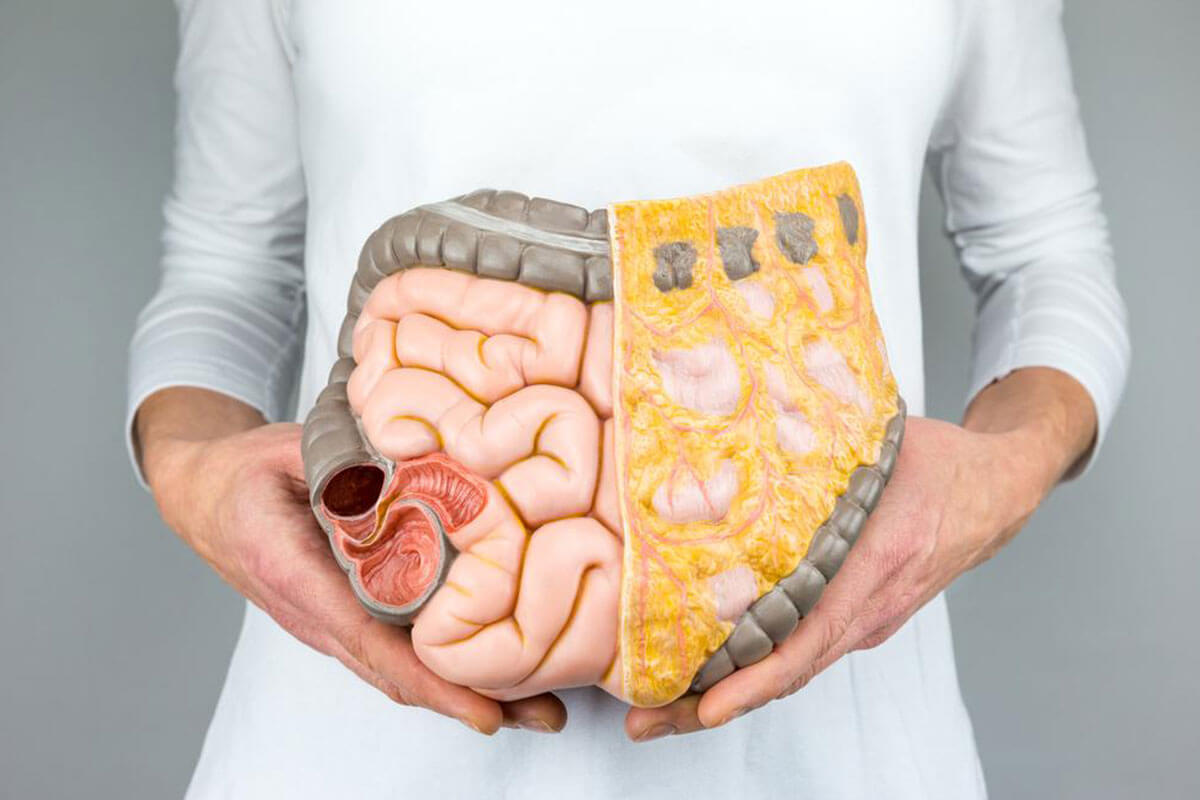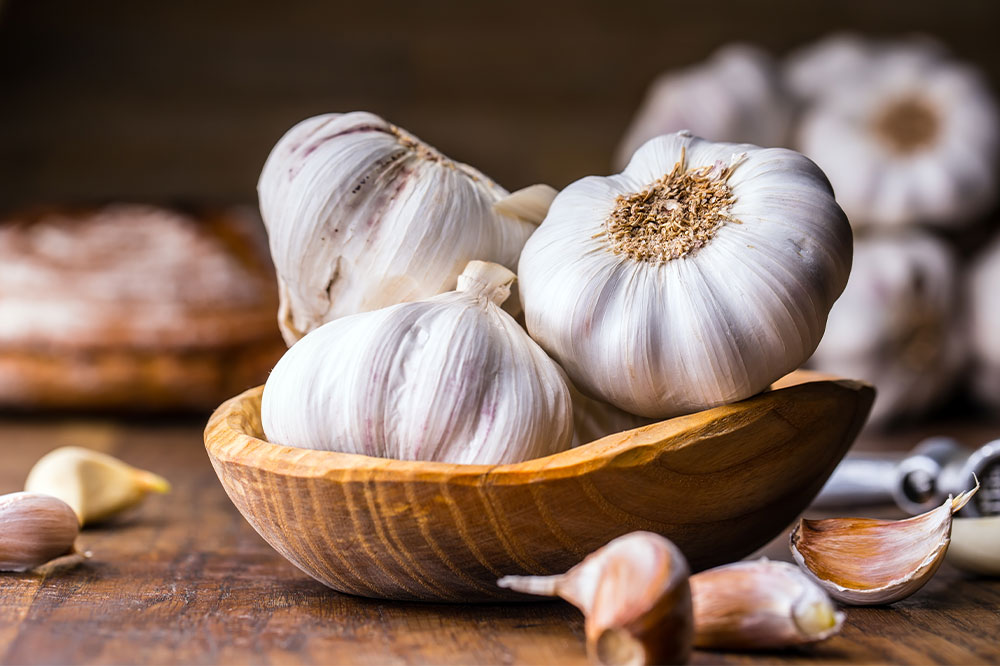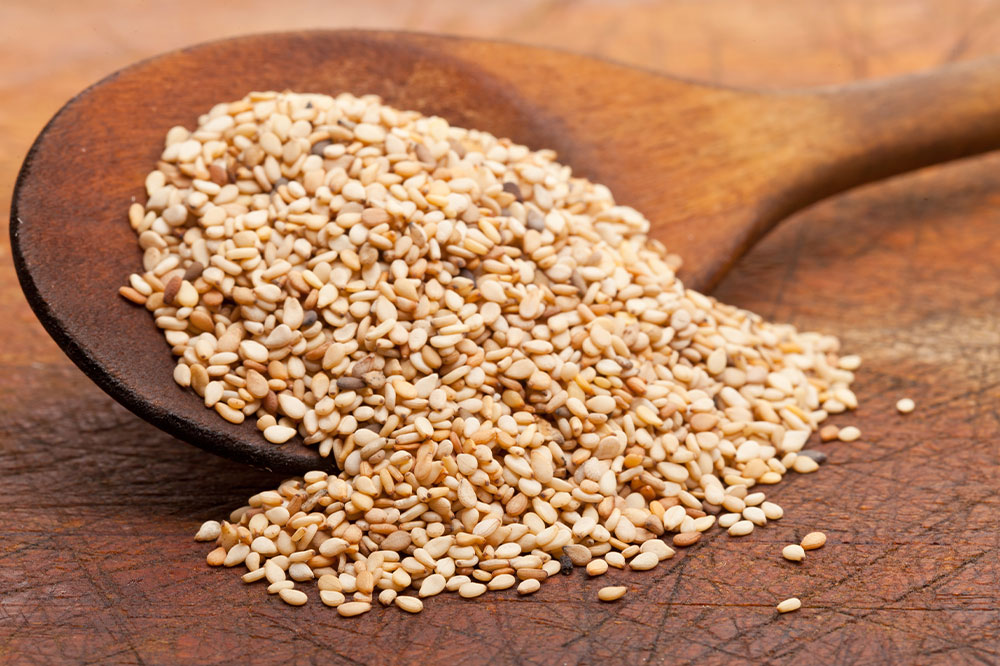Effective Dietary Approaches to Manage Stomach Cancer Symptoms and Improve Quality of Life
Discover comprehensive dietary strategies to help manage stomach cancer symptoms effectively. This detailed guide highlights nutritious food options, meal planning tips, and lifestyle adjustments that support symptom relief, boost immunity, and enhance overall well-being. Consult your healthcare provider to customize a diet plan tailored to your individual needs and improve your quality of life during treatment.

Effective Dietary Approaches to Manage Stomach Cancer Symptoms and Improve Quality of Life
Nutrition plays a crucial role in alleviating symptoms associated with stomach cancer. Adopting specific dietary strategies can significantly enhance comfort and overall well-being. This comprehensive guide explores how tailored nutrition can support those battling stomach cancer, aiding symptom control and fostering better health outcomes.
Gastric cancer, commonly known as stomach cancer, originates in the lining of the stomach and manifests in various forms. Among these, adenocarcinoma is the most prevalent, developing from the mucus-producing cells that line the stomach wall. Recognizing symptoms such as post-meal bloating, persistent abdominal pain, nausea, frequent heartburn, and indigestion is essential for timely intervention and symptom management.
Alongside conventional medical treatments like chemotherapy, surgery, or radiation therapy, dietary modifications and lifestyle adjustments can play a supportive role. These changes aim to reduce discomfort, improve digestion, and enhance the overall quality of life for patients undergoing treatment or managing the disease.
Understanding the importance of a balanced diet is key. While no specific food can prevent or cure stomach cancer, certain dietary choices can influence symptom severity and patient comfort. Paying attention to what aggravates symptoms and incorporating supportive, nutritious options can be beneficial. It’s important to remember that dietary needs vary among individuals—what works well for one person may not be suitable for another. Therefore, consulting a healthcare professional before making significant diet changes is crucial.
Here are detailed dietary strategies to help manage stomach cancer symptoms more effectively:
Incorporate omega-3 fatty acids: Foods rich in omega-3s have shown potential in supporting immune function and possibly inhibiting cancer cell growth. Aim to include fatty fish such as salmon, mackerel, and tuna in your diet. Vegetarian sources like flaxseeds, walnuts, and soy-based products such as tofu and edamame are excellent alternatives. Additionally, cruciferous vegetables like cauliflower and Brussels sprouts contain compounds that may aid in reducing inflammation and supporting healing processes.
Consume fresh, nutrient-rich fruit juices: Natural fruit juices, especially those high in vitamin C, play a vital role in boosting immunity and providing antioxidant benefits. Prepare homemade juices without added preservatives, artificial sweeteners, or excessive sugar. Freshly squeezed citrus juices, berry blends, or pineapple smoothies can support immune health and help combat bacterial infections often associated with stomach issues. Hydration is also critical—ensure adequate fluid intake to facilitate digestion and nutrient absorption.
Switch to antioxidant-rich green tea: Green tea contains polyphenols and catechins, compounds known for their cancer-fighting properties. Regular consumption of green tea may slow down the progression of abnormal cell growth and support overall health. Replacing coffee or black tea with green tea offers a mild caffeine boost and additional health benefits, contributing to inflammation reduction and oxidative stress mitigation.
Eat smaller, more frequent meals: For patients undergoing treatment or experiencing digestive difficulties, consuming smaller portions throughout the day can ease symptoms like bloating, nausea, and dizziness. Small, frequent meals reduce the burden on the digestive system and prevent overproduction of stomach acids. Drinking fluids between meals rather than during helps prevent dumping syndrome—a common complication after gastric surgery. It’s advisable to avoid processed foods, sugary snacks, carbonated beverages, caffeine, alcohol, and smoking, as these can exacerbate symptoms and impair healing.
Incorporating a diet that emphasizes a variety of colorful fruits and vegetables, lean proteins, and healthy fats can contribute to improved symptom management and overall vitality. Such dietary patterns not only support digestive health but also strengthen the immune system, making it better equipped to deal with the challenges of stomach cancer.
Ultimately, personalized nutrition plans created in collaboration with healthcare professionals, including dietitians, can optimize treatment outcomes and improve quality of life for stomach cancer patients. Every individual’s health journey is unique, and ongoing monitoring and adjustments are integral to successful symptom management.





